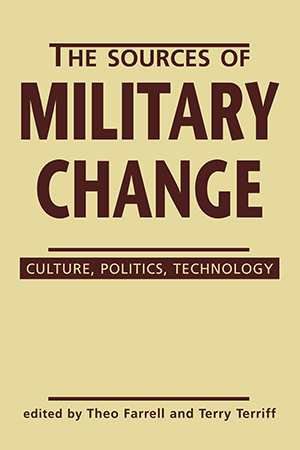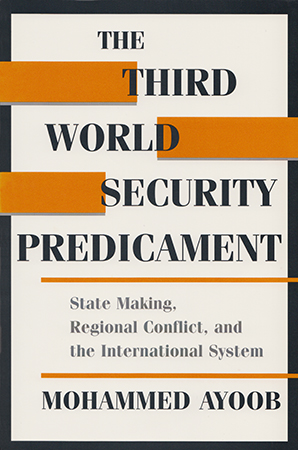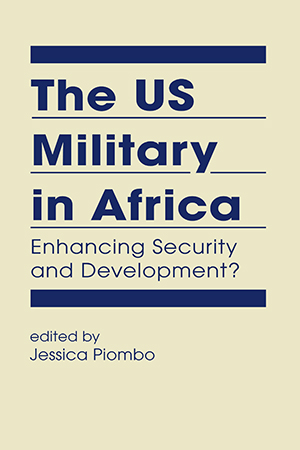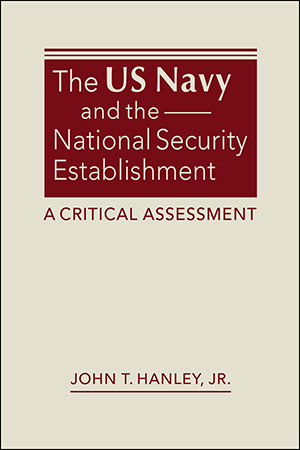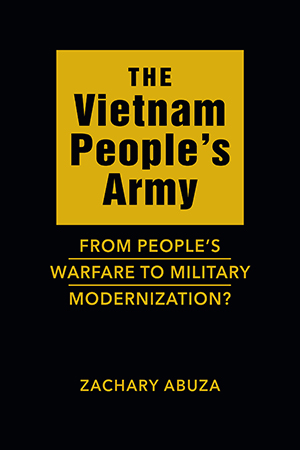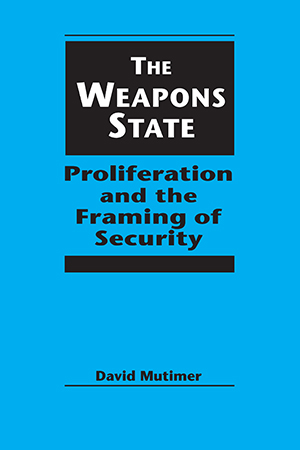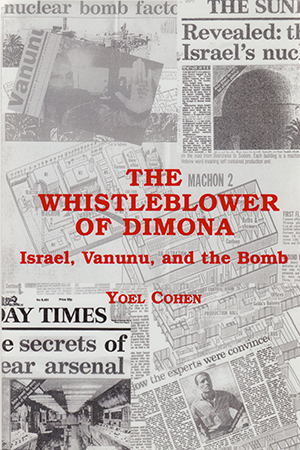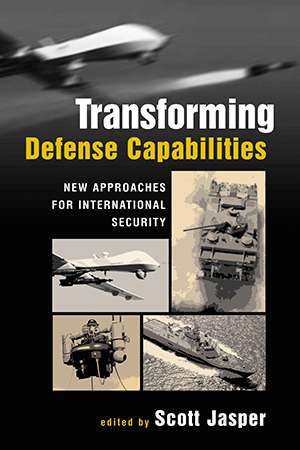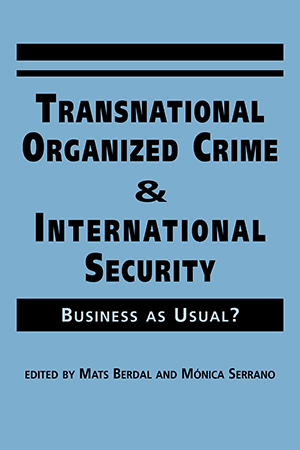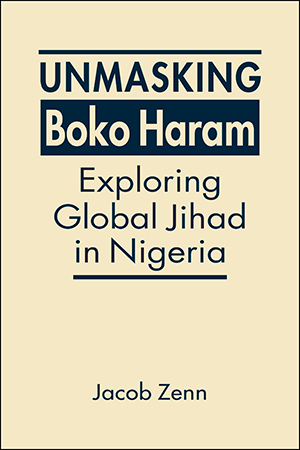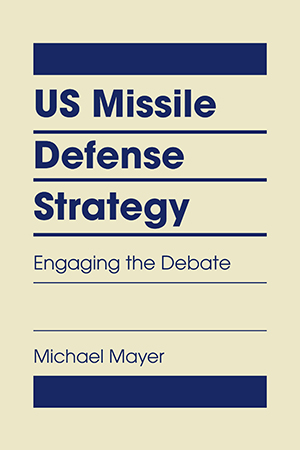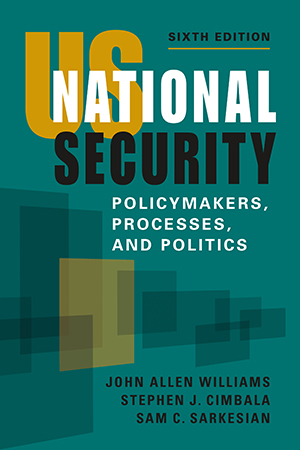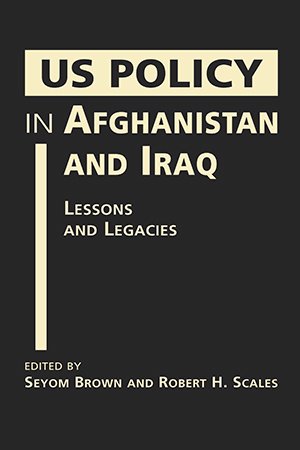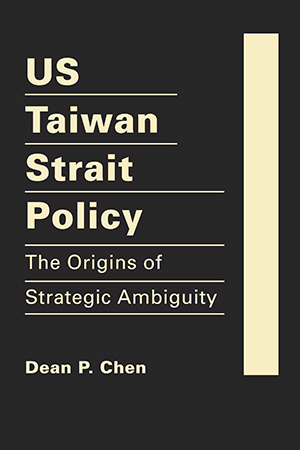Security and Intelligence Studies
In varying circumstances, military organizations around the world are undergoing major restructuring. This book explores why, and how, militaries change. The authors focus on a complex of More >
This book explores the multifaceted security problems facing the Third World in the aftermath of the Cold War. Ayoob proposes that the major underlying cause of conflict and insecurity in More >
Recent US security policy toward Africa has adopted a multidimensional approach—including the use of military assets to promote economic development and good governance—that has More >
The US Navy is the most formidable naval force in the world—yet, it seems ill-suited to face today's challenges, especially the rise of China's maritime power. What explains More >
Can the Vietnamese military, which decades ago defeated the French, the Americans, and the Chinese, move away from its tradition of "people's war" to adapt to both the More >
The proliferation of all kinds of weapons (nuclear, chemical, biological, and even conventional) is emerging as a focal point for international security. This book shows how both the More >
In 1986, Mordechai Vanunu, a technician at Israel's highly secret nuclear arms research center at Dimona, disclosed highly classified details about Israel's nuclear arms program to More >
In the face of today's security challenges, there is widespread recognition of the need to think and act in new ways to ensure both national and collective security interests. More >
Though the provision of illicit goods and services is far from being a new phenomenon, today's global economic environment has allowed transnational organized crime an unprecedented More >
Aldrich James, Timothy McVeigh. Kim Philby. Julius and Ethel Rosenberg. Edward Snowden. These are just a few of the people well known for willfully jeopardizing US national security. What More >
The kidnapping of 276 schoolgirls from the village of Chibok, Nigeria, in 2014 drew the world's attention to the previously little-known extremist group Boko Haram. Numerous questions More >
Why has the United States continued to develop ballistic missile defenses in an era of irregular warfare and asymmetric terrorist threats? How does missile defense contribute to US global More >
Choice Outstanding Academic Book! The main focus of US national security policy has shifted dramatically since the years of the Obama administration, moving away from nation building and More >
How have the costs, both human and material, of US involvement in the conflicts in Afghanistan and Iraq affected the country's will for conducting regime-change operations? What are the More >
Why did the Truman administration reject a pragmatic approach to the Taiwan Strait conflict—recognizing Beijing and severing ties with Taipei—and instead choose the path of More >


